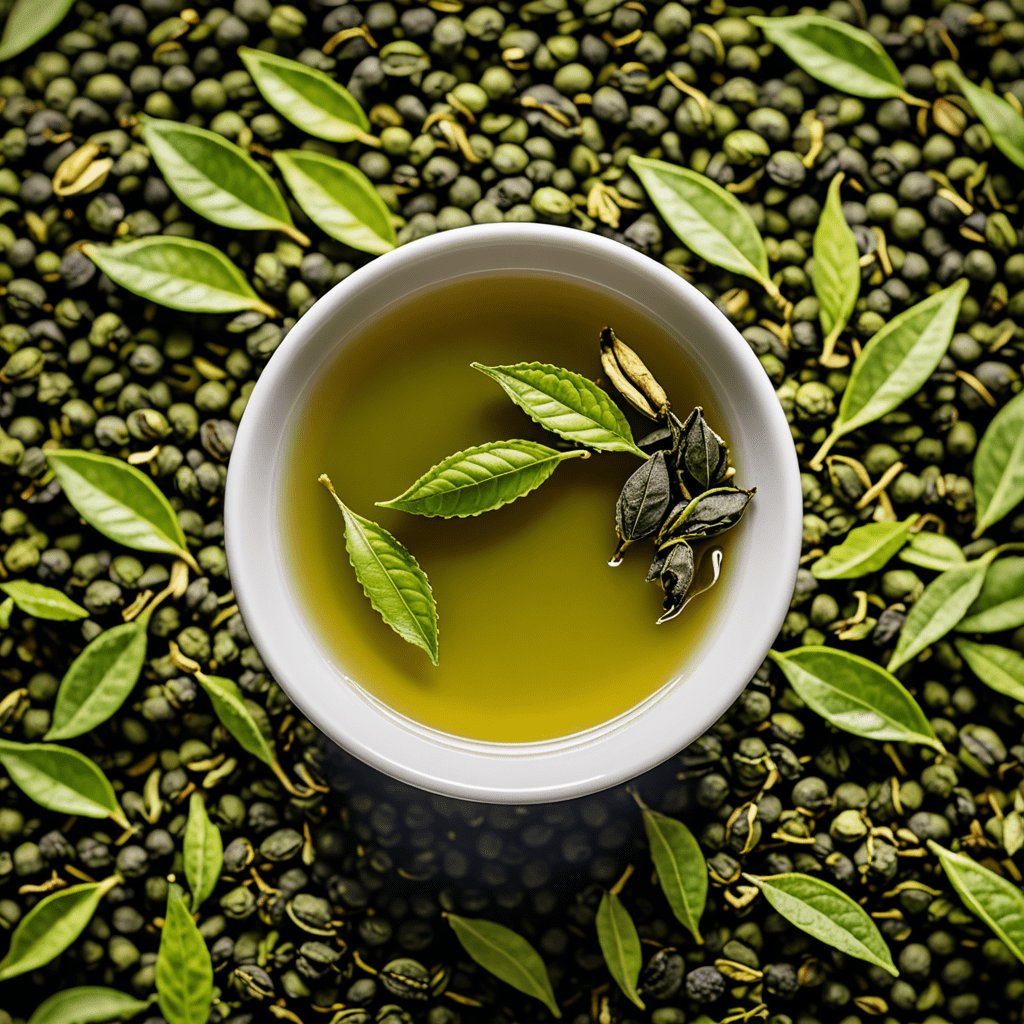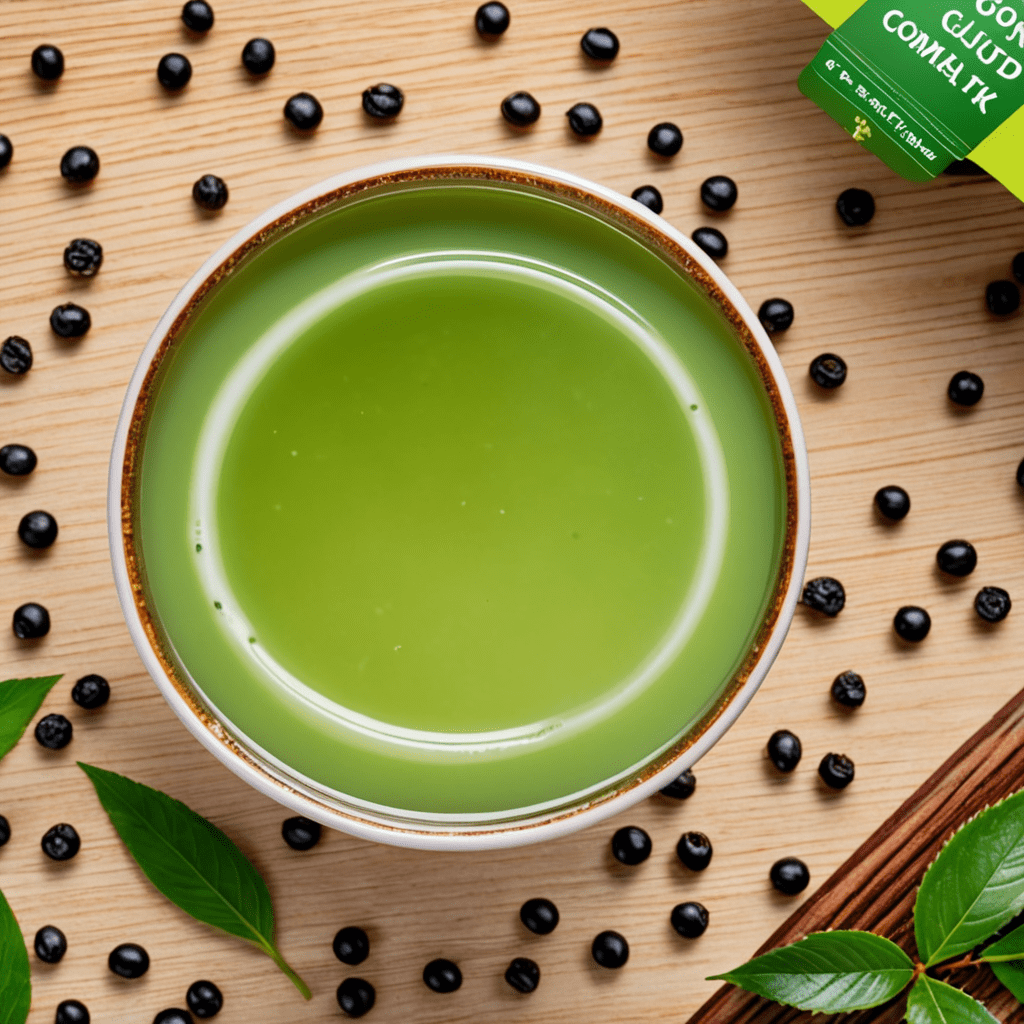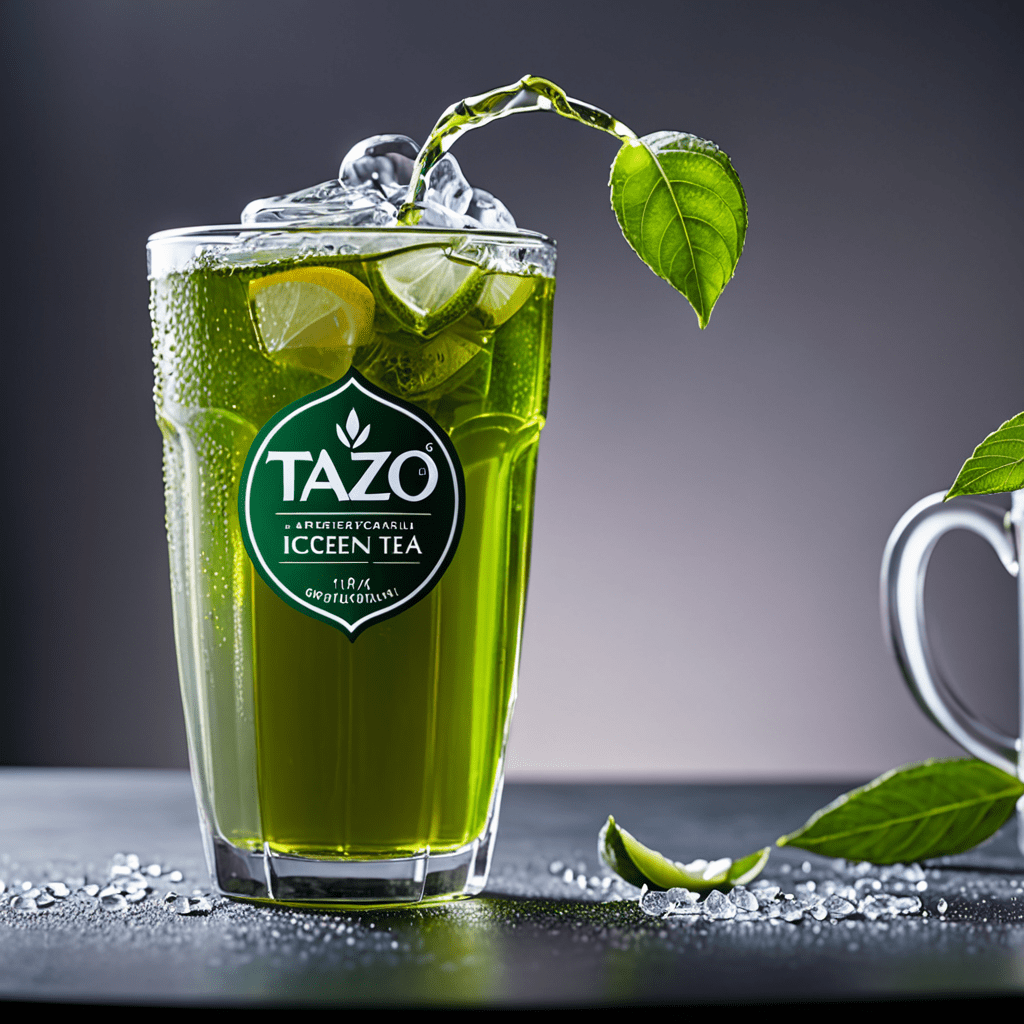
Discover the Health Benefits of Decaf Green Tea: A Guide for Tea Enthusiasts
Green tea has long been praised for its numerous health benefits, but what about decaf green tea? Does it offer the same advantages? In this article, we will explore the unique qualities and potential benefits of decaffeinated green tea. Whether you’re a tea enthusiast or just looking for a healthier beverage option, read on to discover why decaf green tea may be a great choice for you.
1. What is Decaf Green Tea?
Decaf green tea, as the name suggests, is a type of green tea that has undergone a decaffeination process. This process removes most of the caffeine content present in the tea leaves, resulting in a tea with significantly lower caffeine levels compared to regular green tea. The decaffeination process does not affect the other beneficial components of green tea, such as antioxidants and polyphenols.
2. Antioxidants and their Benefits
Green tea, including decaf green tea, is known for its high antioxidant content. Antioxidants are compounds that help protect the body from harmful free radicals. Free radicals can cause damage to cells and contribute to various health conditions. By consuming decaf green tea regularly, you can provide your body with a rich source of antioxidants that may help promote overall health and well-being.
3. Promotes Heart Health
Decaf green tea has been found to have positive effects on heart health. Regular consumption of green tea has been linked to a reduced risk of heart disease. The antioxidants in decaf green tea may help lower cholesterol levels and improve blood vessel function, which can contribute to a healthier heart.
4. Supports Weight Management
If you’re looking to maintain a healthy weight, decaf green tea can be a valuable addition to your diet. Green tea has been found to boost metabolism and increase fat oxidation, making it easier to burn calories. Additionally, the catechins present in green tea may help regulate appetite and reduce food cravings.
5. Boosts Brain Function
Decaf green tea contains an amino acid called L-theanine, which has been shown to have a calming effect and promote relaxation. L-theanine also works synergistically with caffeine, improving brain function without causing the jittery side effects commonly associated with high caffeine intake. Regular consumption of decaf green tea may enhance focus, attention, and overall cognitive function.
6. Supports a Healthy Immune System
The antioxidants in decaf green tea can help support a healthy immune system. These antioxidants, such as epigallocatechin gallate (EGCG), have been found to have antimicrobial and anti-inflammatory properties. By strengthening your immune system, decaf green tea may help protect against illnesses and keep your body in top shape.
7. How to Prepare Decaf Green Tea
To enjoy the benefits of decaf green tea, here’s a simple brewing method:
- Boil water and let it cool for a few minutes to around 180°F (82°C), as using boiling water can damage the delicate flavors of green tea.
- Place a decaf green tea bag or loose leaves in a teacup or mug.
- Pour the hot water over the tea bag or leaves.
- Let the tea steep for about 2-3 minutes to extract the flavors.
- Remove the tea bag or strain the leaves.
- Your decaf green tea is now ready to be enjoyed. You can drink it hot or let it cool for a refreshing iced tea.
FAQ
Q: Is decaf green tea completely caffeine-free?
A: While decaf green tea has significantly lower caffeine levels compared to regular green tea, it is not entirely caffeine-free. The decaffeination process removes most, but not all, of the caffeine content. The exact amount of caffeine can vary depending on the brand and brewing method.
Q: Can I drink decaf green tea before bed?
A: Due to its lower caffeine content, decaf green tea is generally considered safe to drink before bed. However, caffeine sensitivity varies among individuals, so it’s important to listen to your body. If you are particularly sensitive to caffeine, it may be best to avoid consuming decaf green tea close to bedtime.
Q: Can decaf green tea be consumed during pregnancy?
A: While moderate consumption of green tea is generally considered safe during pregnancy, it’s advisable to consult with your healthcare provider. Some studies suggest that high levels of green tea consumption may interfere with folic acid absorption, which is important for fetal development.
Q: Are the benefits of decaf green tea the same as regular green tea?
A: Decaf green tea retains many of the health benefits of regular green tea, such as antioxidant properties. However, the decaffeination process may result in a slight loss of some beneficial compounds. Nonetheless, decaf green tea can still be a healthy beverage choice for those who prefer lower caffeine levels.


